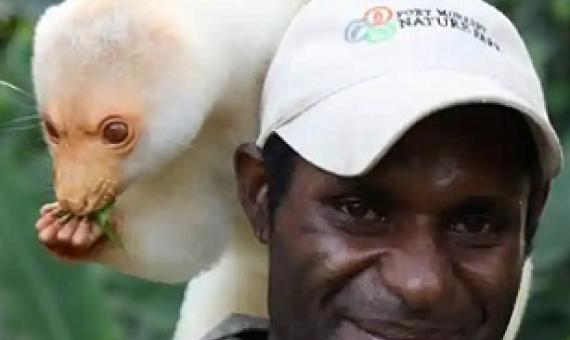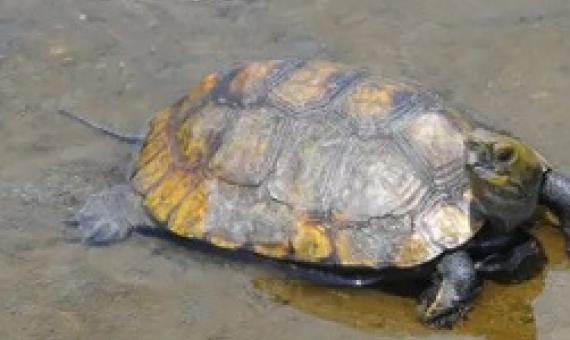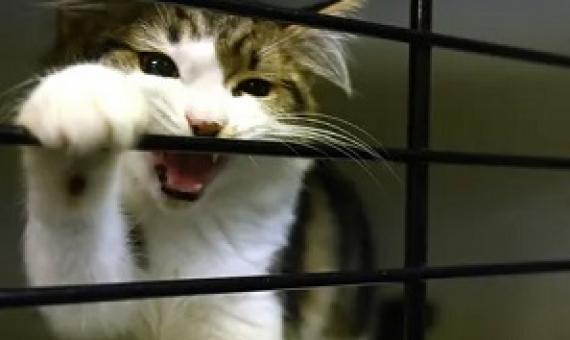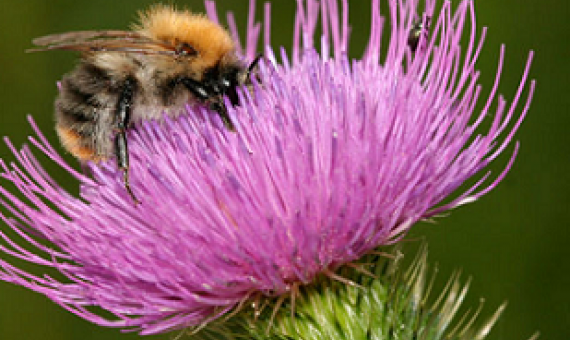From the heat and dust of the city’s noisy, crowded streets, the Port Moresby Nature Park is an oasis, for the city’s residents as well as the animals it keeps.
Alarming numbers of threatened species are being smuggled into Japan and “laundered” into the exotic pet trade, a new study has found.
Domestic cats are killing an estimated 230m native Australian birds, reptiles and mammals every year, according to new research that quantifies the pet’s national toll on native animals for the first time.
Among the vast number of native species damaged by the recent bushfire crisis, we must not forget native pollinators. These animals, mainly insects such as native bees, help sustain ecosystems by pollinating native plants. Native pollinator populations have been decimated in burned areas.
Assessment and Control of Biological Invasion Risks
This book is of worldwide benefit to people, for assessment and management of biological invasion risks










